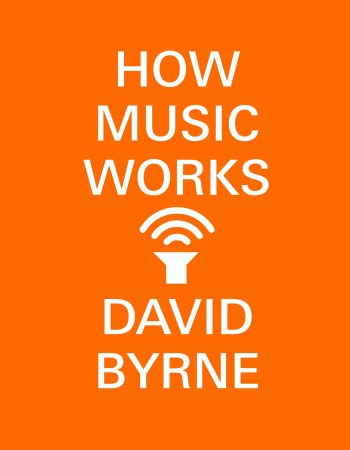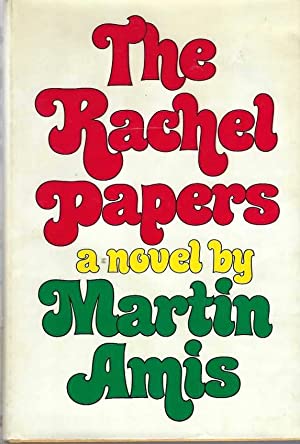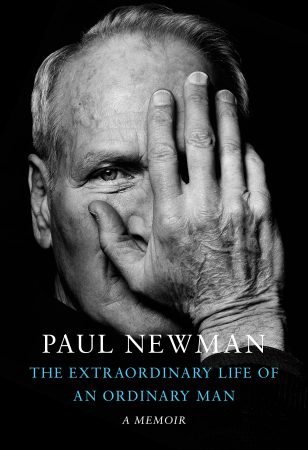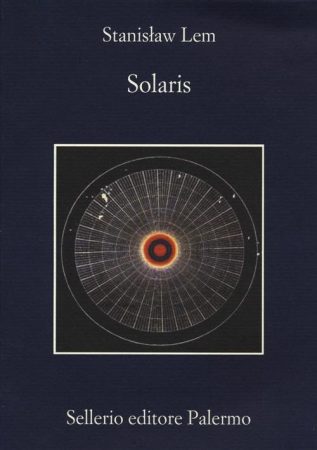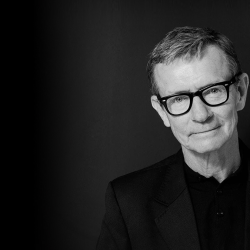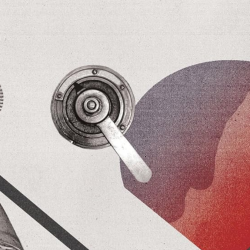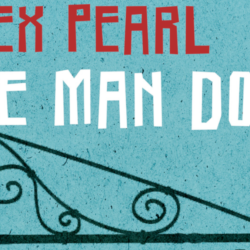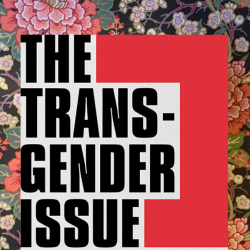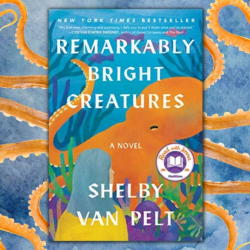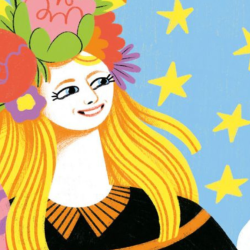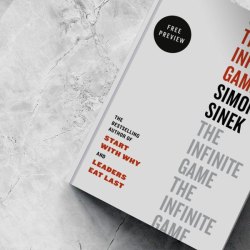Regular contributor to MediaCat Magazine, Ben, gives us four of his picks for this series.
How Music Works, by David Byrne
This explains the logic behind the magic that we all feel when we listen to certain pieces of music. But it also explains the whole business of music, how the money is made and how many people you should have on your tour if you want to make a profit.
Oh, and it’s written by David Byrne of Talking Heads, so he really knows his stuff.
The Rachel Papers, by Martin Amis
I read this several times when I was a teenager, but I occasionally pop back for another look. It’s probably Amis’s most accessible book, and full of the brio of a young person living in the late ’60s.
Beware: in the late ’80s it was made into a really bad film starring Dexter Fletcher. Stick to the book.
The Ordinary Life of an Extraordinary Man, by Paul Newman
This is a recent memoir that takes an unusual format: Mr Newman recorded his life’s stories in a series of conversations with a friend. This book reproduces those reminiscences but also peppers in the corroborating (or conflicting) memories of others.
It’s refreshingly honest, especially about his alcoholism, and what it was really like being the biggest star on the planet but feeling like a bit of a fraud.
Solaris, by Stanislaw Lem
This is what I’m reading at the moment. Both films of Solaris are transcendently brilliant, and the book is just as good. It uses a space exploration story to probe some very deep questions about the nature of existence, and does all that with an enjoyably sardonic sense of humour.
It’s also fascinating that it was written in 1961 — long before man made it to the moon — but feels like it could have been written today.
Featured image: Maksim Istomin / Unsplash




















